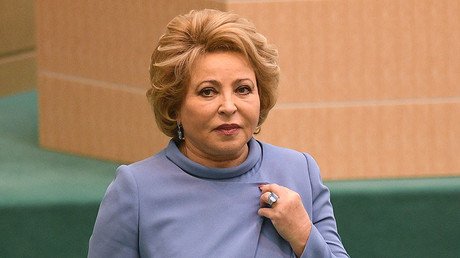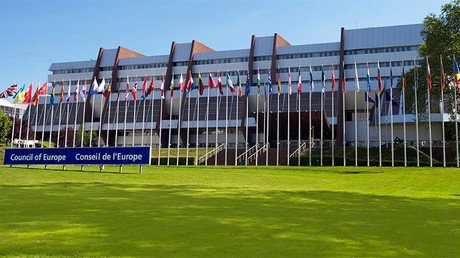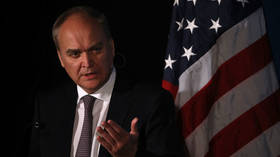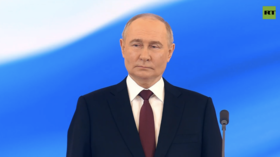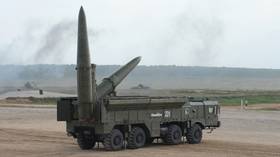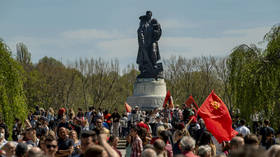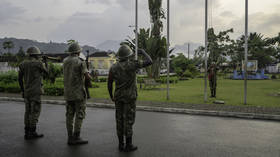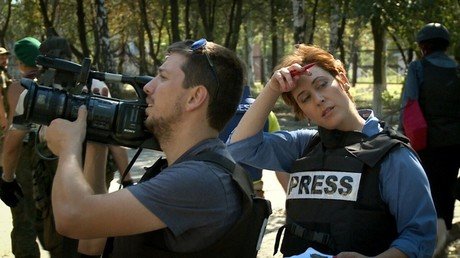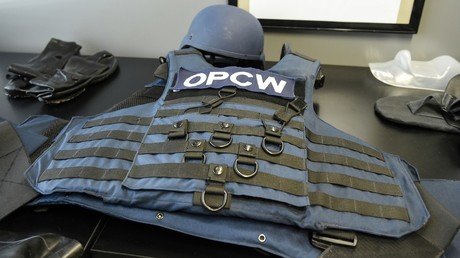Russian senator warns Council of Europe against issuing ‘payment ultimatums’ to Moscow
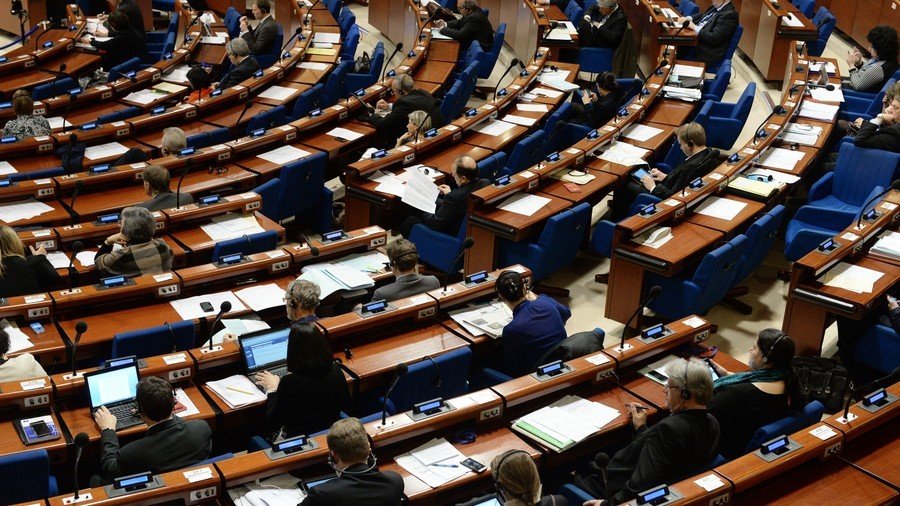
The head of the Upper House commission for information policies has said that it was wrong on CE’s part to set ultimatums and deadlines to Russia because Moscow was not the real initiator of the current standoff.
“Council of Europe should not give Russia deadlines or issue any ultimatums. The authors of the most acute crisis in Russia-Europe relations are not in Moscow, but in Strasbourg,” Senator Aleksey Pushkov wrote in his Twitter microblog on Wednesday. “Ultimatums and deadlines for removal of the anti-Russian sanctions should be issued to Ukraine and its allies in the PACE” he concluded.
Pushkov’s Twitter comment came soon after the general secretary of the Council of Europe, Thorbjorn Jagland, announced that the deadline for paying the Russian membership fees in the body is set on June 30, adding that he would do everything possible to settle the problem.
Pushkov was not the only Russian official who commented on Jagland’s warning. Deputy foreign minister Aleksandr Grushko has stated that Russia would resume its payments to the Council of Europe only on condition that the rights of its delegation in PACE are restored in full and the council’s regulations are changed in such a way that any discrimination against certain nations becomes impossible.
“Using its procedures the PACE has changed the fundamental principle of equality of all nations, mentioned in the Council of Europe’s charter. The current crisis has a deeper foundation than a simple ousting of one or several national delegations,” Grushko said.
The head of the State Duma committee for international relations, MP Leonid Slutsky (LDPR) described the situation as “very sad” but agreed that the problem cannot be solved by means of ultimatums. Slutsky also told reporters that to his knowledge the Council of Europe was now facing an acute shortage of funds and might be left completely without money before the end of the year.
The conflict between Russia and the Parliamentary Assembly of the Council of Europe started in 2014, after PACE stripped the Russian delegation of its voting rights and banned it from participating in ruling bodies or monitoring missions until the end of that year, over Russia’s alleged role in the political crisis in Ukraine.
In response, the Russian delegation ceased any participation in PACE sessions, with lawmakers considering it impossible to resume discussions while the sanctions were in force. Russia also passed a parliamentary resolution stating that nations that have repeatedly violated international law and caused thousands of casualties have no moral right to judge Moscow or impose sanctions on it.
In 2016 and 2017 Russia froze one-third of its annual payments to the Council of Europe (the approximate share of the fee that was used to sponsor PACE). According to the Russian side the frozen sum amounted to about €11 million (US$12.4 million). Russian officials, including parliamentary speakers, have announced that the freeze would remain in place unless PACE adopts a regulation that rules out discrimination against national delegations.
Like this story? Share it with a friend!
